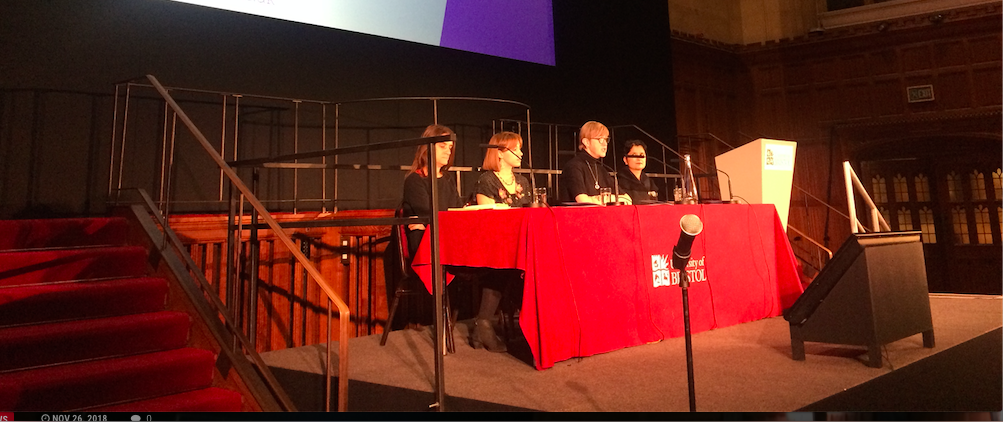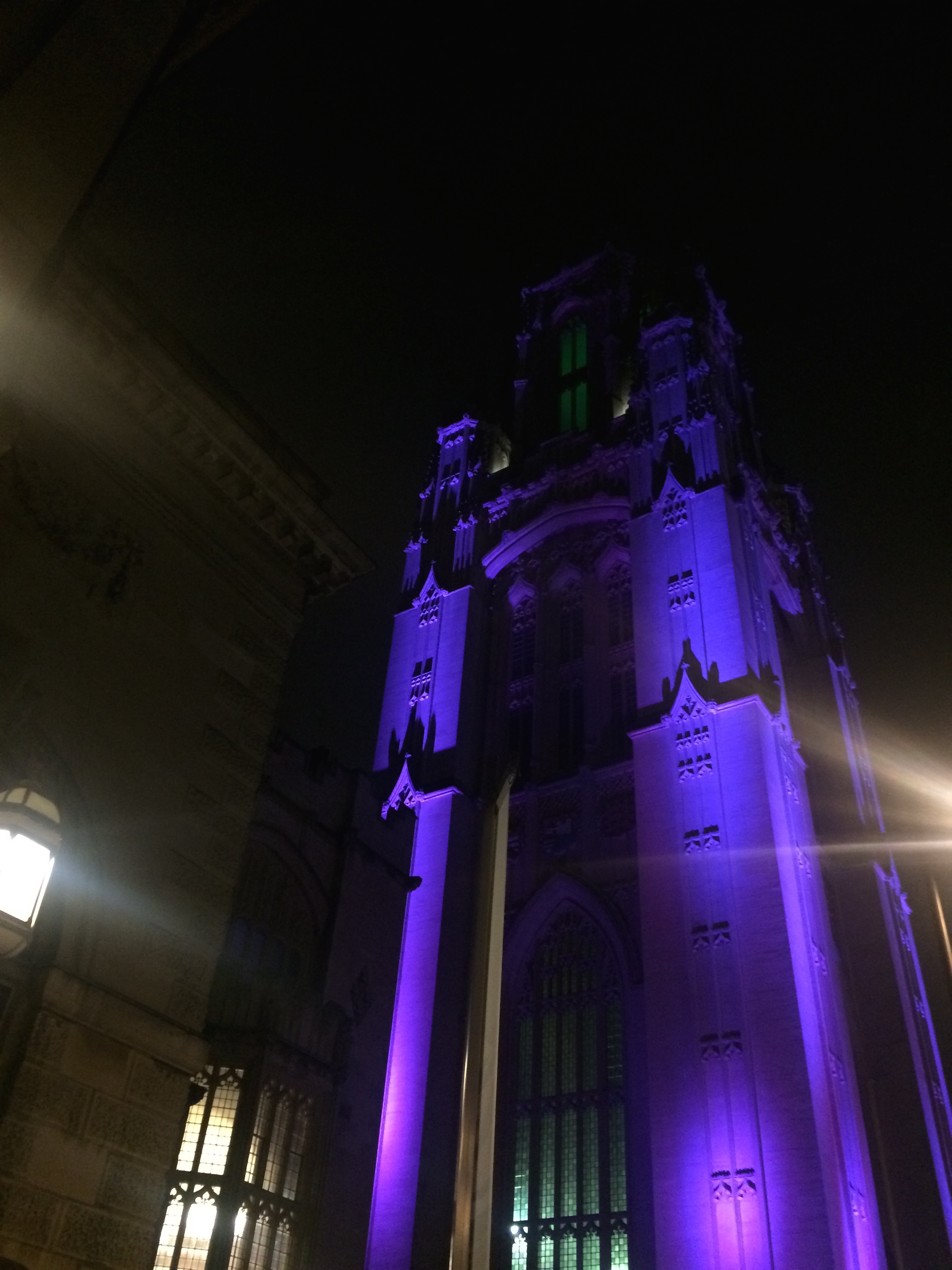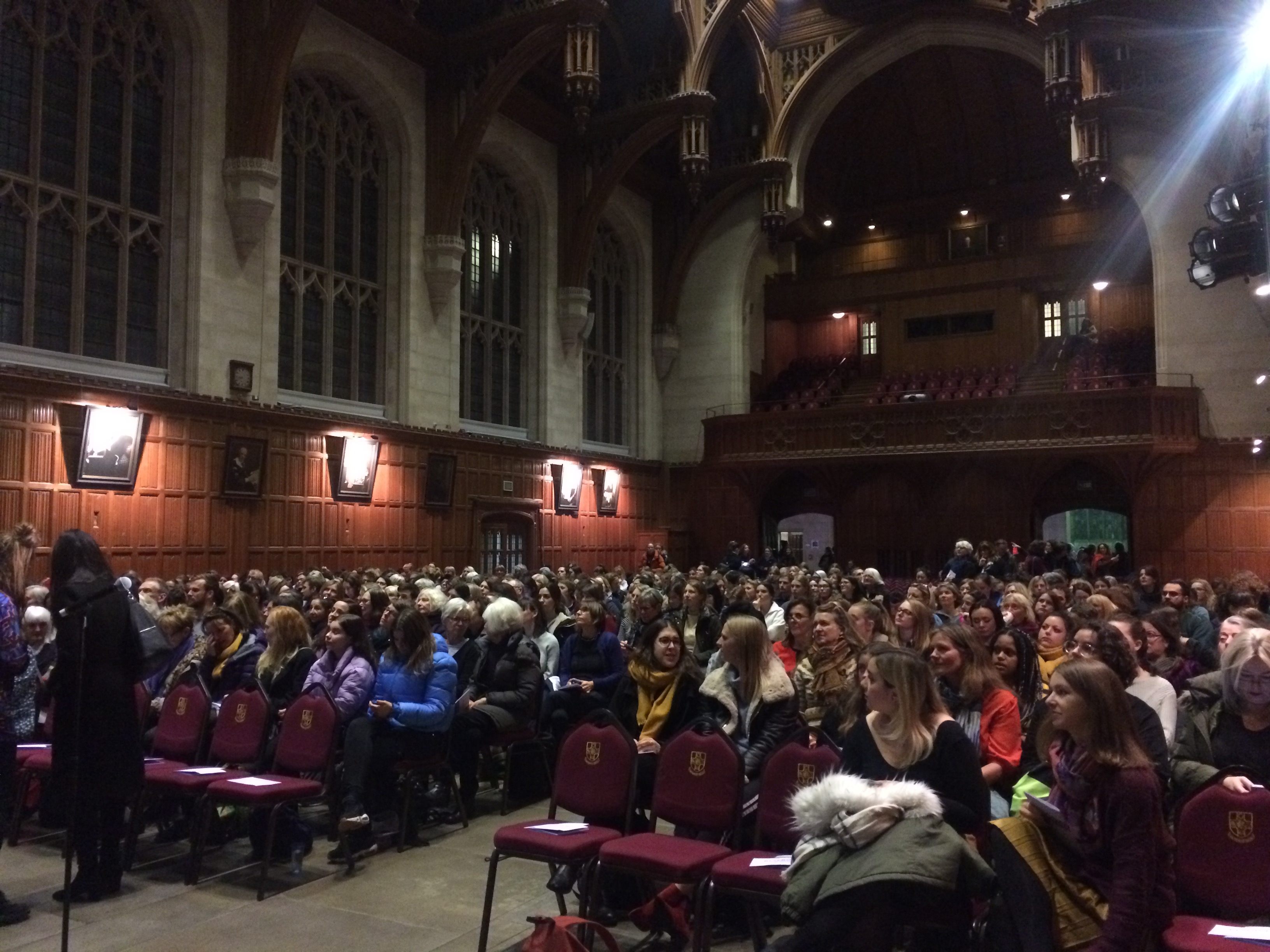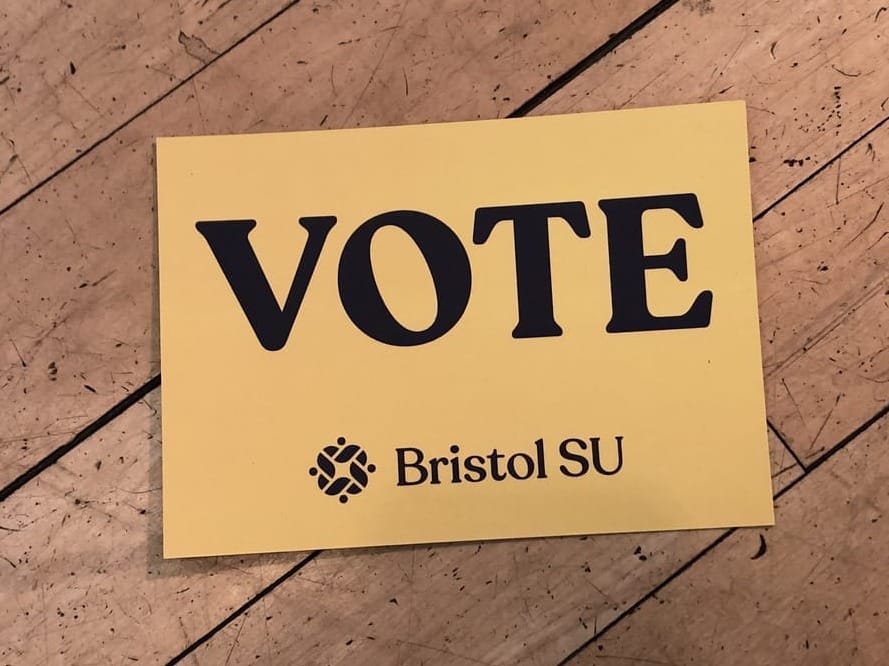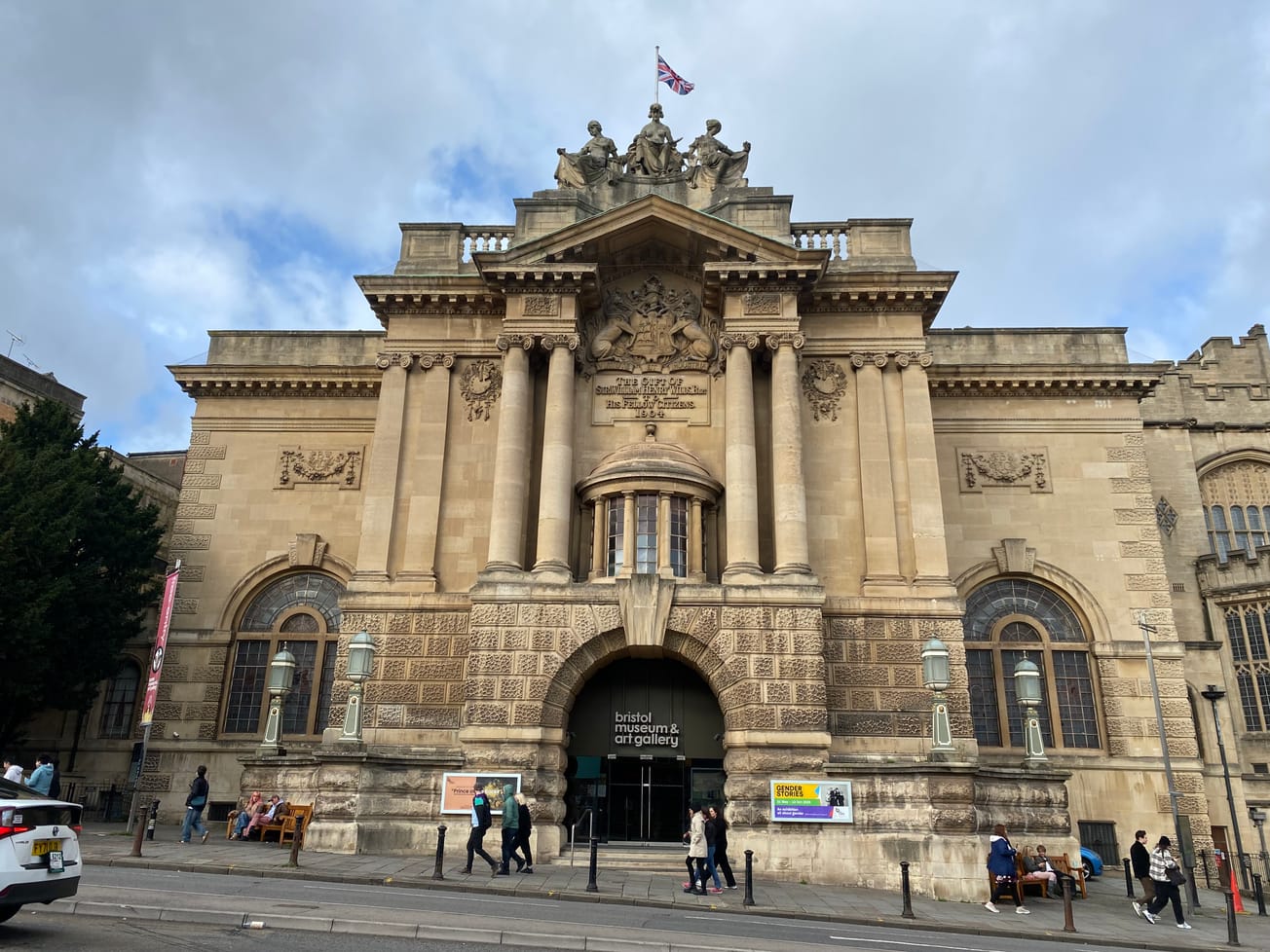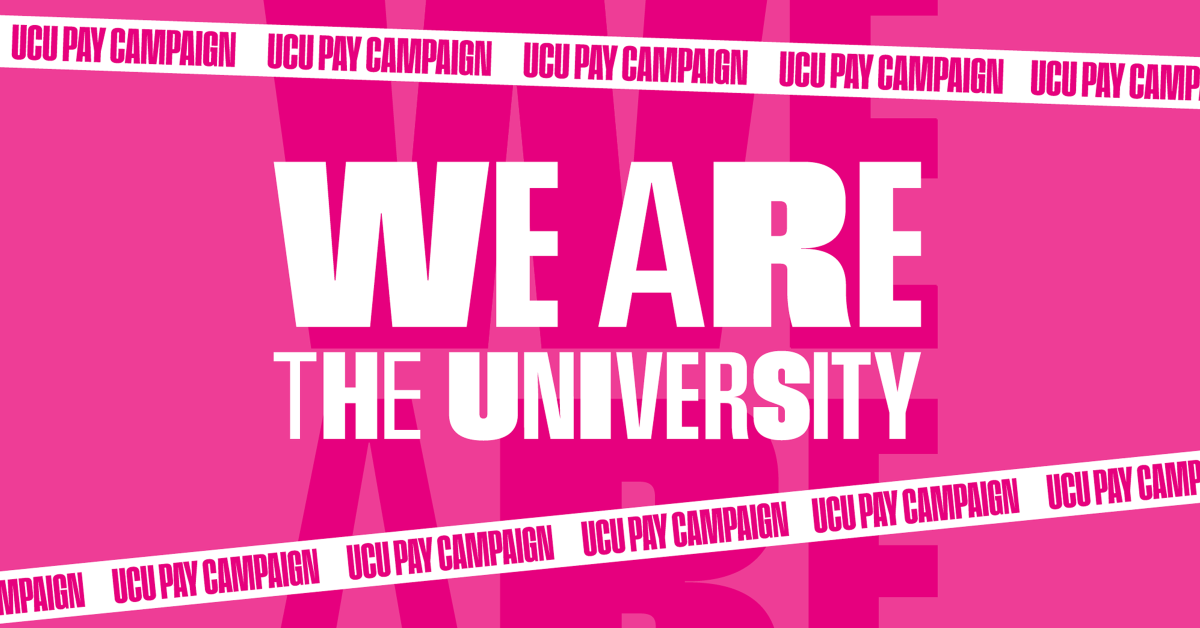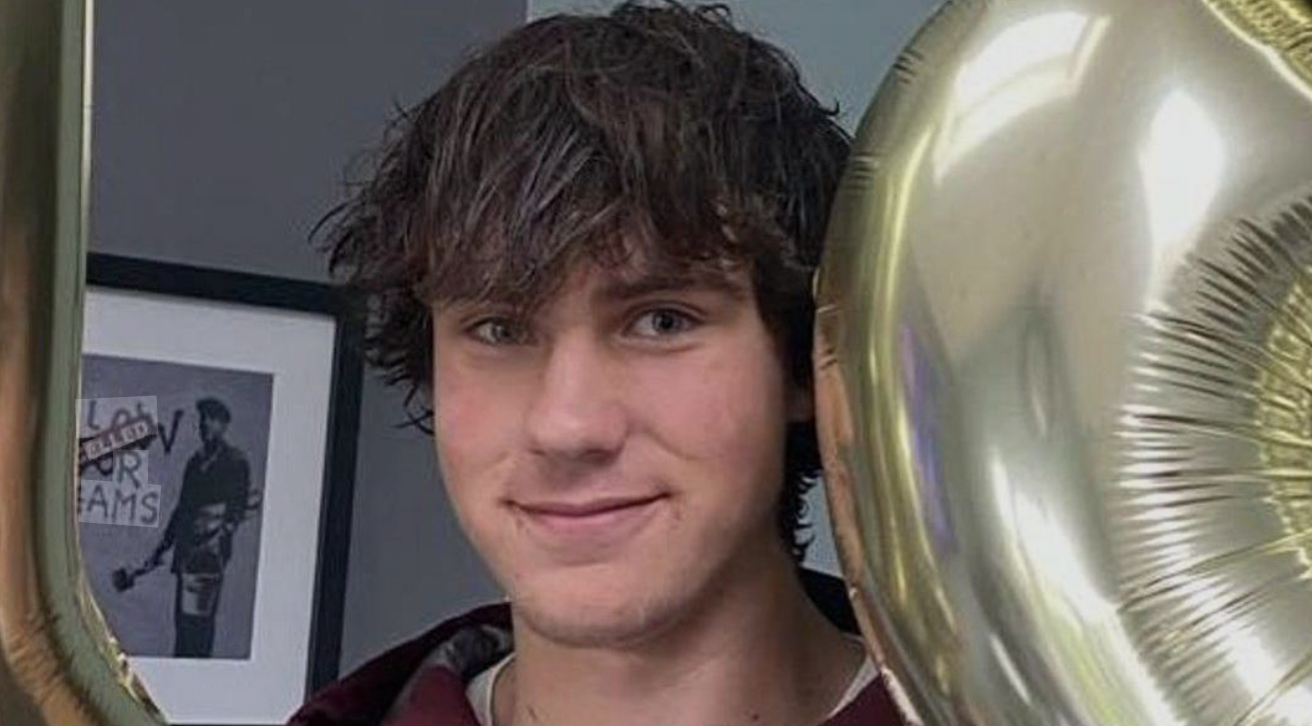By Zoë Crowther, Students’ Union Correspondent
A panel of activists and historians, including Baroness Shami Chakrabarti, explored the obstacles facing women and urged the audience to engage and participate in shaping the next 100 years.
The sold-out event, Women and Equality: the next 100 Years, was part of a series of events celebrating the centenary of some women gaining the vote. Organised by Bristol Women’s Voice, each panellist introduced a particular problem facing women in the workplace.
Photo: Epigram / Zoë Crowther
Shami Chakrabarti, Labour politician and former director of Liberty, a human rights advocacy group, spoke about the unequal representation of women in politics. She argued that both women and men ‘need to kick-start change,’ and discussed the growing problem of women receiving abuse online:
‘Whilst the internet is a wonderful democratising thing, it has its dark side. It’s led to a lot of misogynistic abuse, and we need to get to a place where the ethics, the politics and the law catches up with the technology.’
In conversation with Epigram, Chakrabarti said that the younger generation are better at instigating reform and that she is pro-affirmative action: ‘I think one of the reasons why Labour is so much better for gender equality than any of the other parties is because of all-women shortlists. This can make women or minorities feel more comfortable in spaces traditionally dominated by men.'
As the chosen venue, Wills Memorial building was adapted to counter the University’s historically dominant representation of men. The exterior was lit up in the suffragette colours of purple, white and green, and new female portraits have been hung alongside the exclusively male portraits in the Great Hall. ‘We’ve commissioned a few new portraits to celebrate the many incredible women who’ve helped to shape the University and indeed the world’ said Judith Squires, the University's Pro Vice-Chancellor.
Panellist Sarah Smith, Professor of Economics at the University of Bristol, was particularly concerned with the gender pay gap. She said that occupational segregation goes as far back as choosing subjects at school, and that ‘we’re viewing people by gender all the time and it’s not necessarily to the benefit of women.’
The issue of women in ‘emotional labour’ was broached by Sally Patterson, Bristol SU’s Liberation, Access and Equality Officer. According to Patterson, ‘it falls on [women] to be dealing with things practically, listening to the concerns of others as well as their own.’ She also highlighted the importance of considering the distinct experiences of minority women.
The audience were invited to participate in online opinion polls and share their own experiences of discrimination. The questionnaire results were shown live, showing that a majority of those attending were generally optimistic for the future.
Photo: Epigram / Zoë Crowther
‘I, personally as a young woman, think there is still a long way to go. And something I would like to see is the complete eradication of sexual violence in every form that it takes. I would like to see an erasure of a culture which promotes and allows such violence to happen.’
In response to an audience member’s question, Chakrabarti laughed and responded ‘welcome to the patriarchy.’
All of the panellists outlined their desire for men to participate in confronting current inequalities, with Smith saying: ‘We need men to be in the room and take ownership of the problem.’
With Bristol being one of the first Higher Education institutions to welcome nearly as many female students as male students in its first cohort, Gane proclaimed this as ‘the early commitment of the University to equality.’
There are multiple events coming up which address contemporary issues facing women, including a panel event on women in politics, organised by a cross-section of UoB political societies. Reclaim the Night, run by the Bristol SU Women’s Network, shall involve students marching through Bristol to campaign against gender-based violence and inequality.
Featured image: Epigram / Zoë Crowther

